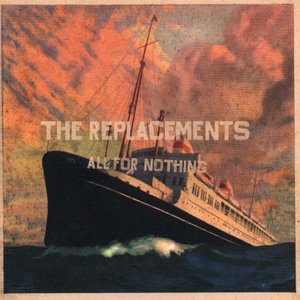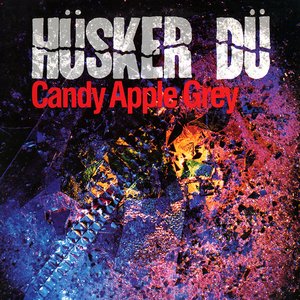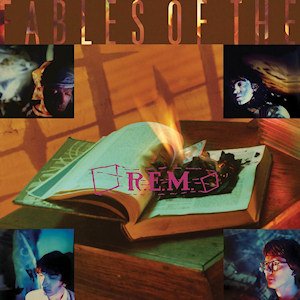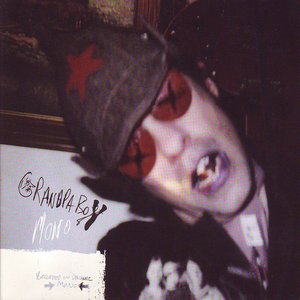Wiki
-
Length
3:29
In "I'll Be You," Replacements frontman Paul Westerberg sings about fatigue and disillusionment. The lyrics are opaque, but knowing about Westerberg's life at that point gives insight into the meaning of the song.
Westerberg made five studio albums with the Replacements by the time they recorded this song. They'd built a hardcore fanbase but failed to cultivate a large general audience or write a hit song. This was largely the result of Westerberg's own reluctance (or perhaps innate inability) to go all-in on selling records. There was a combativeness in him that refused to give up on music just as much as he refused to tailor that music to the radio.
The band was notorious for putting on terrible, inebriated performances and for insulting their audiences. Behind the scenes, they were even more unruly with record company and marketing executives. Every time they made some progress, they'd do something to tear it all down.
Westerberg knew it was now or never. He had to produce a hit song or else the band's run was probably coming to an end. At the same time, he was conflicted as to whether or not he really wanted to push for true rock-star status.
The emotional conflict of his journey is at the heart of "I'll Be You." He sings about leaving his life behind to live someone else's for a time.
Westerberg proved to be correct in his feeling that he needed to deliver. The song was their biggest hit but failed to crack the Top 40. The Replacements made one more studio album (All Shook Down, 1990) before breaking up for good.
“A dream too tired to come true
Left a rebel without a clue
And I'm searching for something to do”
The phrase "rebel without a clue" references the 1955 film Rebel Without A Cause, which starred Hollywood icon James Dean and elevated the antihero archetype onto center stage in American culture.
Tom Petty borrowed the phrase on "Into The Great Wide Open" in 1991:
“Into the great wide open
Under them skies of blue
Out in the great wide open
A rebel without a clue”
Petty toured with the Replacements in 1989. He took a liking to Westerberg and even gave the younger musician the hat he wore in the video for "I Won't Back Down." Westerberg showed his appreciation by selling the hat for drugs, answering Petty's good intentions with disdain. He and the rest of the Replacements perceived the Heartbreakers' professionalism as repetitive, formulaic, and boring. They insulted the audience and sometimes Petty and the Heartbreakers themselves while performing, trying to get kicked off the tour completely.
Petty never took the bait. He kept the band on until the end, and afterwards joked about the whole thing being an interesting experience.
This was The Replacements' highest-charting single. It hit #51 on the Hot 100 and #1 on the Modern Rock and Album Rock Tracks charts. It received a lot of play on MTV back when that was a big deal.
Still, the song didn't climb as high as they'd been hoping and was considered a miss. Westerberg later said he was thankful for this because it meant he didn't have to play it for the rest of his life.
According to Westerberg, Lenny Waronker, an executive at the Replacements' record label Reprise, insisted the song needed some revision. The band pretended to work on it but played back the exact same thing. Waronker thought whatever they did was brilliant and gave it the green light. He knew the song had hit potential and promoted it heavily.
This song was the lead single from Don't Tell a Soul, the Replacements' sixth studio album.
During Replacements' 1989 tour, Heartbreakers keyboardist Benmont Tench often joined the band to play "I'll Be You."
Track descriptions on Last.fm are editable by everyone. Feel free to contribute!
All user-contributed text on this page is available under the Creative Commons Attribution-ShareAlike License; additional terms may apply.









